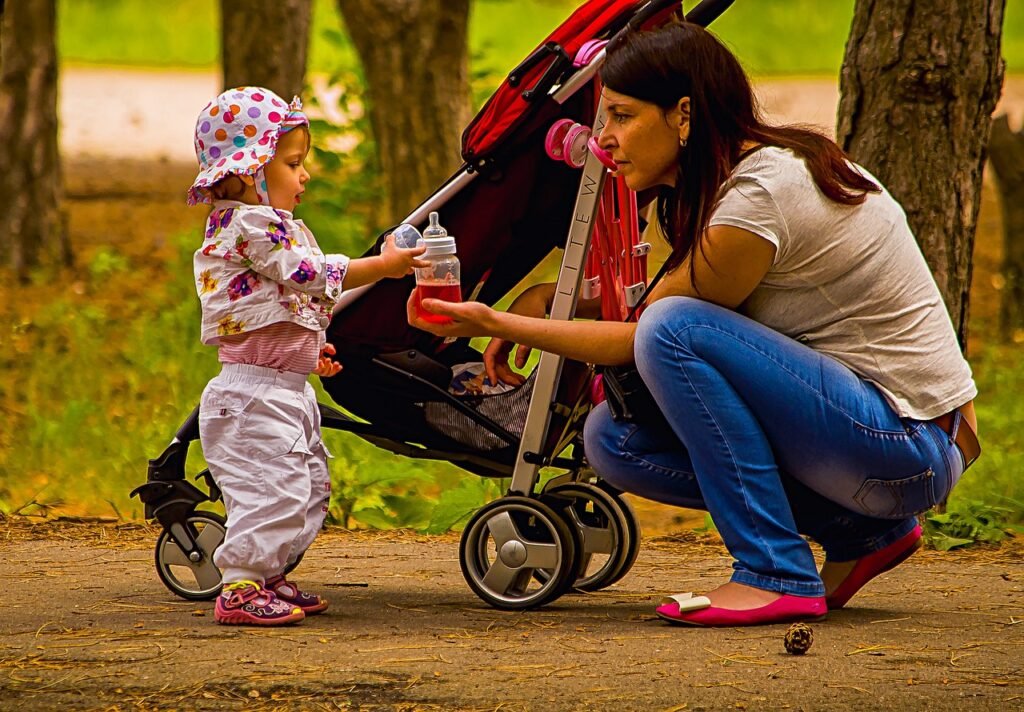In times of soaring generosity on the humanitarian stock market, what makes a child confuse solidarity with loneliness?
Could it be the lack of repertoire on what solidarity is? The little coexistence with fraternal gestures and attitudes? Or the feeling of being alone to make a difference in someone’s life, without the support of those around you?
How to transmit important values to your child?
Before evaluating children’s perception, it is worth reflecting on the behavior of adults. After all, what have families and schools been teaching children about humanities? And what has the media reinforced about collaborative, non-violent, tolerant and inclusive attitudes?
Demanding social awareness from new generations when day-to-day practice, on street corners, in homes and in classrooms is often far from that, was one of the factors that encouraged the research “What is, what is: Solidarity ”, promoted by the Education for Kindness and Generosity (EGG) platform. More than assumptions, the objective was to understand how Brazilian children understand the concepts, often abstract, of principles such as kindness, generosity, solidarity, sustainability, diversity, respect and citizenship, with the aim of offering more precise methodologies and narratives, so that These words gain more and more practical meaning among the new generations.
73 children aged 1 to 13 participated in the research, in all regions of the country. Although positive mentions are the majority, making up 89% of responses and bringing synonyms such as “help”, “kindness”, “do good”, “love”, “affection and care”, “be kind”, “donate” and “being happy”, were the 11% of negative responses, referring to loneliness, that generated a relevant point of attention. The confusion between “being supportive” and “being lonely” occurred among children aged 6 to 9, 80% of whom were students in the private school system. Would it just be a sound mistake or would it be a sound mistake that needs to be clarified as soon as possible for the common good?
See too
Challenge identified, some practical tips to try to reverse the situation:
It is necessary to verbalize “solidarity” more frequently and exemplify what the word means, so that it acquires meaning among children.
It is essential to be an example for children, at school or at home, by making gestures of solidarity.
To avoid negative associations, due to the phonetic similarity with the word “solitary”, create memory games or tongue twisters that can generate new jargon; for example: “those who are supportive never stay lonely”, and thus reinforce the origin of the words, demonstrating the difference.
Take advantage of books and audiovisual resources (films, animations, games) to identify and value acts of solidarity.
Solidarity cannot be solitary. Do your part.

* Marina Pechlivanis is the creator of Education for Kindness and Generosity and a partner at Umbigo do Mundo.



